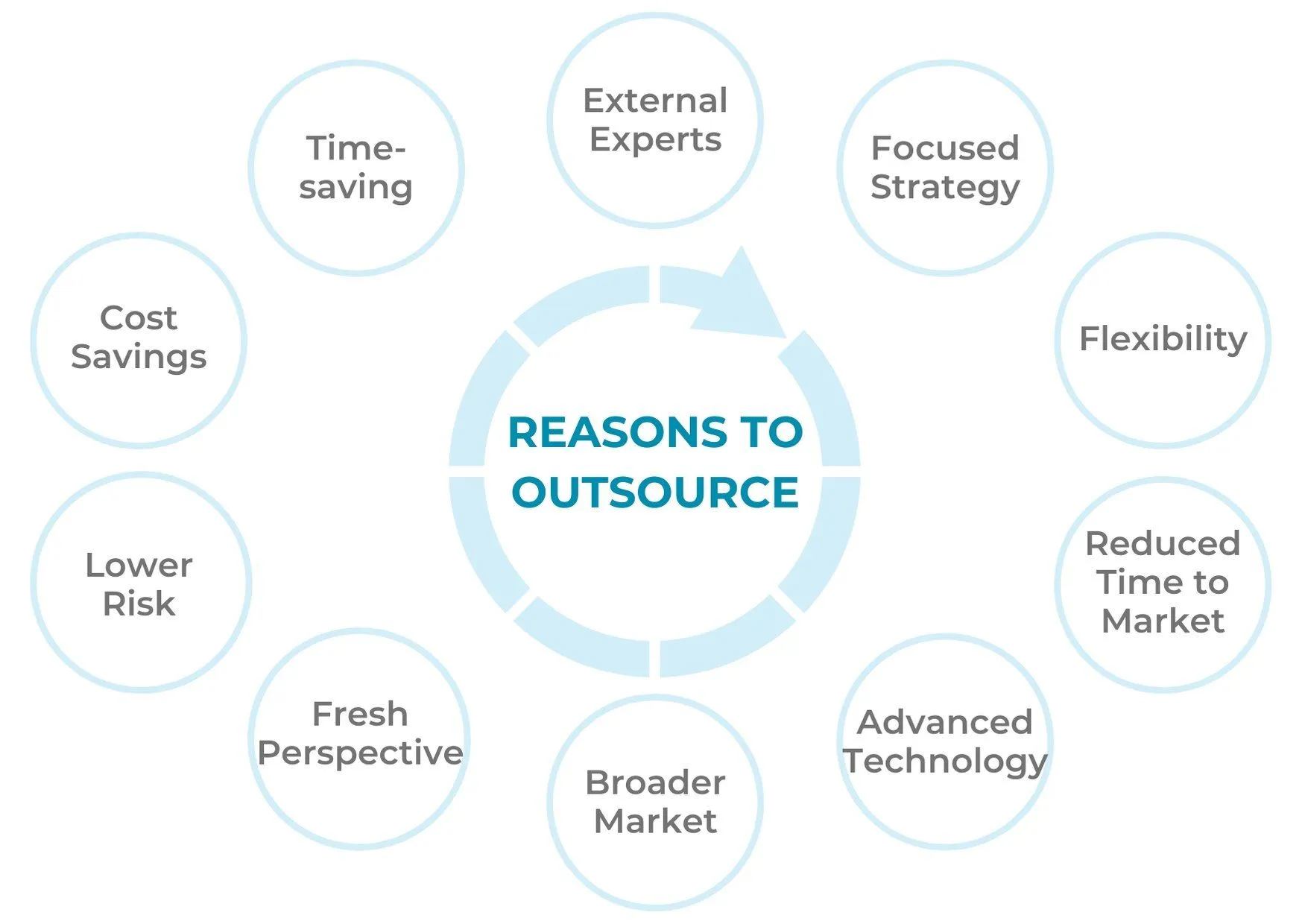Software Outsourcing
What is Software Outsourcing?
Definition:
Software outsourcing refers to the practice of hiring external software development teams or individuals to handle specific aspects or the entirety of a software project. This strategic approach allows companies to tap into specialized skills, reduce development costs, and accelerate time-to-market for their software solutions.
Analogy:
Imagine software outsourcing as enlisting the expertise of freelance architects and builders to construct a custom-designed house. In a similar fashion, companies outsource software development tasks to external teams, benefiting from their specialized knowledge and skills, while the in-house team focuses on strategic planning and core business functions.
Further Description:
Software outsourcing encompasses a range of activities within the software development life cycle:
Project Planning and Consulting: External teams often provide valuable insights during the initial stages of a project, assisting with planning, technology selection, and overall project strategy.
Development and Coding: Outsourced teams handle the actual coding and development work, either independently or in collaboration with the in-house team, depending on the project requirements.
Quality Assurance and Testing: Outsourcing includes rigorous testing processes to ensure the software meets quality standards. This may involve various testing methodologies, such as functional testing, performance testing, and security testing.
Maintenance and Support: After the software is deployed, outsourcing partners may continue to provide maintenance and support services, addressing issues, implementing updates, and ensuring the software’s ongoing reliability.
Why is Software Outsourcing Important?
Access to Global Talent Pool: Outsourcing allows companies to tap into a diverse talent pool worldwide, gaining access to specialized skills and expertise not readily available in-house.
Cost Efficiency: By outsourcing, companies can often reduce development costs significantly. This is particularly beneficial for projects with budget constraints, allowing resources to be allocated strategically.
Focus on Core Competencies: Companies can concentrate on their core business functions while outsourcing non-core activities like software development. This enhances overall business efficiency and performance.
Flexibility and Scalability: Outsourcing provides the flexibility to scale development resources up or down based on project requirements, ensuring optimal resource utilization.
Examples and Usage:
Offshore Development Teams: Companies may hire offshore development teams to handle entire projects or specific components, leveraging the skills of developers in different geographic locations.
Freelance Developers: For smaller tasks or short-term projects, companies often engage freelance developers to complement their in-house team.
Quality Assurance Services: Specialized testing and quality assurance services are frequently outsourced to ensure comprehensive testing and validation of software.
Key Takeaways:
- Software outsourcing enables companies to strategically allocate resources, focusing on core competencies while outsourcing non-core activities.
- Outsourcing provides access to a diverse global talent pool, fostering innovation and expertise.
- Outsourcing can significantly reduce development costs and enhance overall project efficiency.
- Companies can adapt to changing project requirements by scaling development resources up or down as needed.





